““We need to be brave enough to look deep within our own minds and hearts to discover the ways we oppress ourselves. If we are always paying attention to the other, we’ll never find our own way.”
For most of my life, I looked externally for that which can only be found internally: self-love and acceptance. My journey first began with self-care. I said “no” (kindly yet firmly) to extra work and additional responsibilities. I paid attention to what were essential parts of my job and what were self-imposed, over-the-top expectations. I began to work less and soul-fill more: gardening, yoga, photography, blogging, meditation retreats, media freezes, alone time, and deep connection with fewer people. I committed to meditation and therapy, which dovetailed in rich ways. My journal entries, like my thoughts, were ruminations on the same topic—trying desperately to love myself. To heal, I needed to embody this intention. I practiced mindfulness in formal and informal ways. This helped open me to possibility; to see choices. I began to think less and feel more. I cried and laughed in equal measure.
My story is not your story. We all have different backgrounds, coping mechanisms, and pathways to healing. We have different layers to remove, investigate, and let go. Your story matters—whatever shape it’s taken. Yet it’s helpful to know we’re in this together, doing the best we can in a complicated world, trying to heal.
While grieving my mom, I shared my shame story with a friend, specifically wondering if I’d done everything I could to help mom in life and in death. This friend looked at me and said, “Joy, your mom wants you to forgive yourself.” I cried tears of recognition. I know my mom doesn’t want me to suffer. As I sat with this statement, “forgive yourself,” I saw how it applied more broadly. For years, I unconsciously hurt myself. I overcommitted, said “yes” when I really meant “no,” pushed myself hard, acted unauthentically in certain situations, and judged myself harshly. In my year of healing, I saw how we’re inured to the hurts we inflict on ourselves. Investigating our beliefs, removing limits, and seeing choices are powerful steps toward healing and wholeness. We must forgive ourselves for the past—gently and slowly—and be willing to begin again.
SELF-COMPASSION
Connection is a basic human need. We require love, belonging, acceptance, and support, if only from a few people. But to fully heal, we must cultivate love within ourselves. Self-compassion is true medicine. It works from the inside out. Kristin Neff, the leading researcher on self-compassion (and its positive effects), describes three essential steps: 1) Practice mindfulness and become more aware of your pain; 2) Recognize that pain isn’t personal—there’s nothing wrong—it’s simply part of being human; and 3) Open your heart to yourself—give yourself the kindness and compassion you need.
Awareness is the first step. In our busy lives, we often ignore our pain, distract ourselves, or make judgments, often unconsciously. Mindfulness allows us to open in all directions, including the difficult places.
Once we realize we’re in pain (emotional or physical), we often personalize it—make it a story of “me”—and this separates us from love and connection. Our thoughts and limiting beliefs keep us stuck. When we release our pain into a larger circle—everyone feels pain, this isn’t personal—there’s relief and opening.
It sounds radical, but we can provide ourselves kindness and compassion. We can send inward messages of care, love, and acceptance. Self-compassion is different from self-care. Self-care involves externals, while self-compassion is internal intimacy—staying with ourselves when we’re in pain, and offering love to the tender places. This is possible, though it requires practice.
MEDITATION + WRITING
Get a pen and paper, remove distractions, create comfortable seated (or lying-down) conditions, and listen to this meditation:
EXPRESSIVE WRITING: Choose a prompt(s)—or create your own—and write from your heart.
What are the signs—in my body and mind—that I’m in emotional pain? How can I recognize my pain?
What messages or acts of kindness do I regularly provide my friends? How can I provide these for myself?
We often minimize our own pain. It’s helpful to keep perspective—to take a wider view—but it’s equally important to honor our pain. Pain is pain. Guy Newland writes, “Grief is the process of adjusting to unwanted change, and since change is unrelenting, we bear every day unrecognized microgriefs.” When we start to notice our microgriefs, we can attend to them with care. This doesn’t require huge swaths of time: Stay for 3 breaths and offer kindness inward.
My tell-tale sign: frustration or anger that’s out of proportion to the situation, often because I put others first. When I feel beleaguered, it’s a message that I need to listen inward. I ask myself, “Why am I so crabby?” And when I listen deeply, I know the answer: I’m in pain—I need to attend to myself like I do to others. So, I place my hand on my heart. (This small gesture brings me ease.) And with whatever time I have—perhaps only 2 minutes—I feel my breath, feel my pain, and send a well-wish inward. Sometimes my act of compassion is to let tears flow. Other times, it’s to take a break, finish a project, get outside, express gratitude, or apologize. Self-compassion isn’t a ticket to do anything we want without remorse. It’s an honest, gentle, and kind way to be with our pain and move forward. Meet ourselves right where we are and then choose the next skillful step toward healing.
In the wise words of Sharon Salzberg: “Sometimes we take quite a journey—physically or mentally or emotionally—when the very love and happiness we want so much can be found by just sitting down. We spend our lives searching for something we think we don’t have, something that will make us happy. But the key to our deepest happiness lies in changing our vision of where to seek it.”


